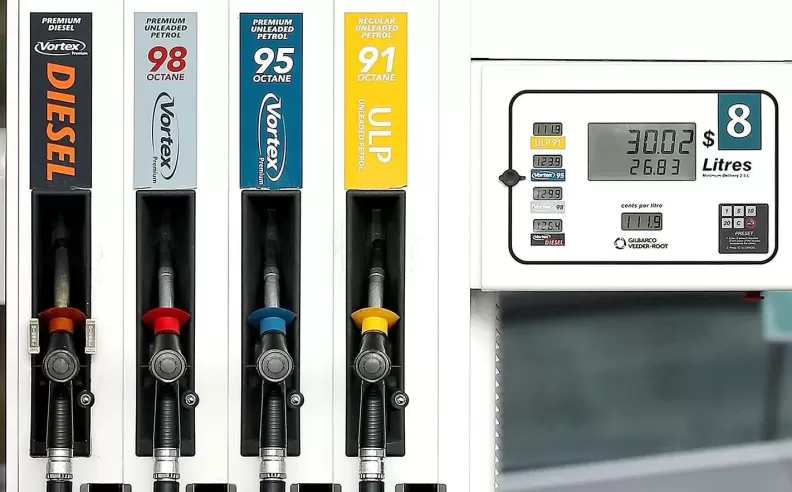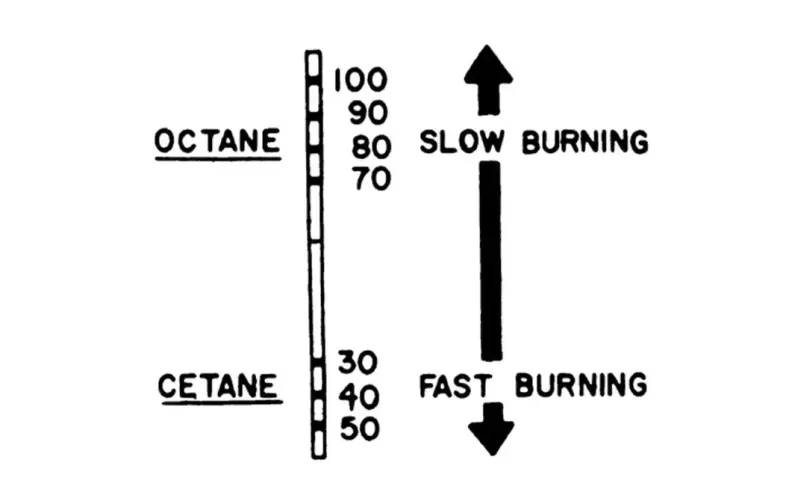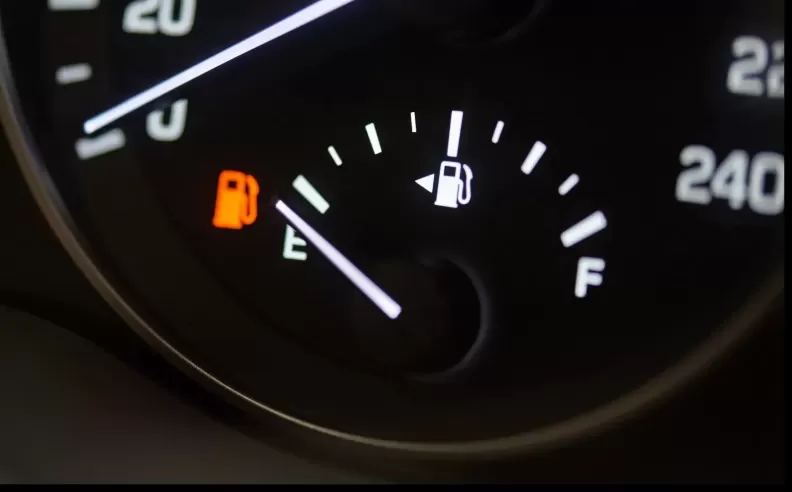
When it comes to fueling our vehicles, many of us simply pull up to the pump and select the type of fuel that fits our budget or vehicle specifications. However, behind the seemingly arbitrary numbers like 91, 95, and 98 lies a crucial aspect of engine performance - the octane rating. Understanding these numbers can significantly impact the efficiency and longevity of your vehicle. In this article, we delve into the world of octane ratings, exploring why they matter and what they mean for your car's engine.

The octane rating is a measure of a fuel's ability to resist premature ignition in the engine. In simpler terms, it indicates how well a fuel can withstand combustion before the spark plug ignites it. The higher the octane rating, the more resistant the fuel is to premature ignition.
Commonly found octane ratings at gas stations are 91, 95, and 98. Standard petrol typically has an octane rating of 91, while premium unleaded fuels come in both 95 and 98 ratings. The choice between these options can influence your vehicle's performance, fuel efficiency, and overall engine health.
Understanding Standard Petrol (91)
Standard petrol with an octane rating of 91 is the most common type of fuel available at gas stations. It is suitable for most everyday vehicles and is generally the least expensive option. However, some high-performance engines may not perform optimally with this lower octane fuel, as they are designed to handle fuels with higher resistance to premature combustion.
Premium Unleaded Fuels (95 and 98)
Premium unleaded fuels, with octane ratings of 95 and 98, cater to vehicles with more advanced engines or those designed for increased performance. These higher octane fuels provide better resistance to knocking or pinging, which occurs when the fuel ignites before the spark plug fires. Knocking can lead to engine damage over time.
The choice between 95 and 98 octane fuel often depends on the specific requirements of the vehicle. Some high-performance engines are designed to operate optimally with 98 octane fuel, while others may perform adequately with 95 octane. It's essential to refer to your vehicle's owner's manual or consult with the manufacturer to determine the recommended octane level.

Using a fuel with an octane rating that is too low for your engine's requirements can lead to knocking and reduced performance. On the other hand, using a higher octane fuel than necessary typically does not provide any performance benefits and may be an unnecessary expense.
While higher octane fuels may be necessary for certain engines, it's important to note that they do not inherently improve fuel efficiency. In fact, some vehicles may experience reduced fuel efficiency when using a higher octane fuel than recommended. Considering the cost difference between standard and premium unleaded fuels, it's crucial to strike a balance between your vehicle's requirements and your budget.
In the world of fuel options, understanding octane ratings is key to maintaining your vehicle's optimal performance and longevity. While standard petrol with a rating of 91 suits most vehicles, some high-performance engines may benefit from the increased resistance to premature ignition provided by premium unleaded fuels with octane ratings of 95 or 98. To make an informed decision, always refer to your vehicle's specifications and consult with the manufacturer or a qualified mechanic. Choosing the right octane level ensures that your vehicle runs smoothly, efficiently, and without the risk of engine damage due to knocking or pinging.

Wael is an automotive content writer specializes in creating written content for Motor 283. Producing a wide range of content, including blog posts, articles, product descriptions, reviews, and technical guides related to cars, trucks, motorcycles, and other vehicles, with an unprecedented passion for cars, and motorcycles.
